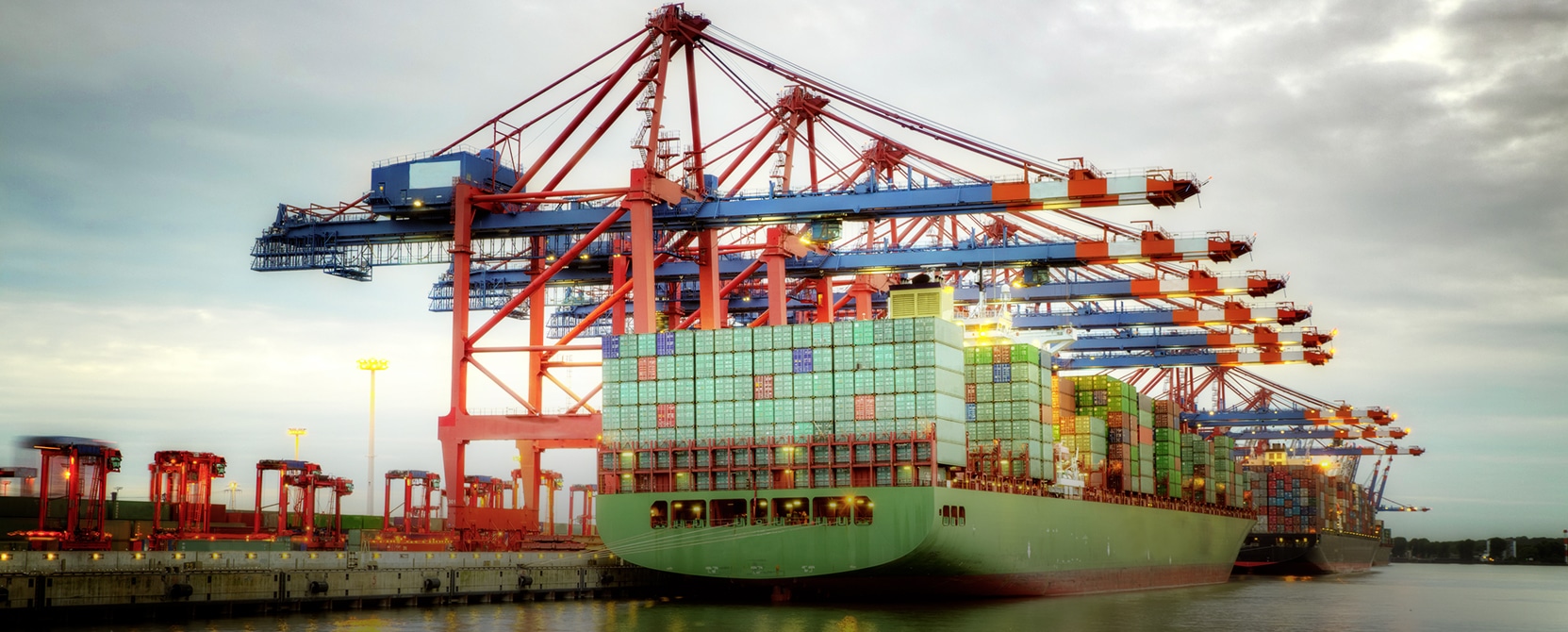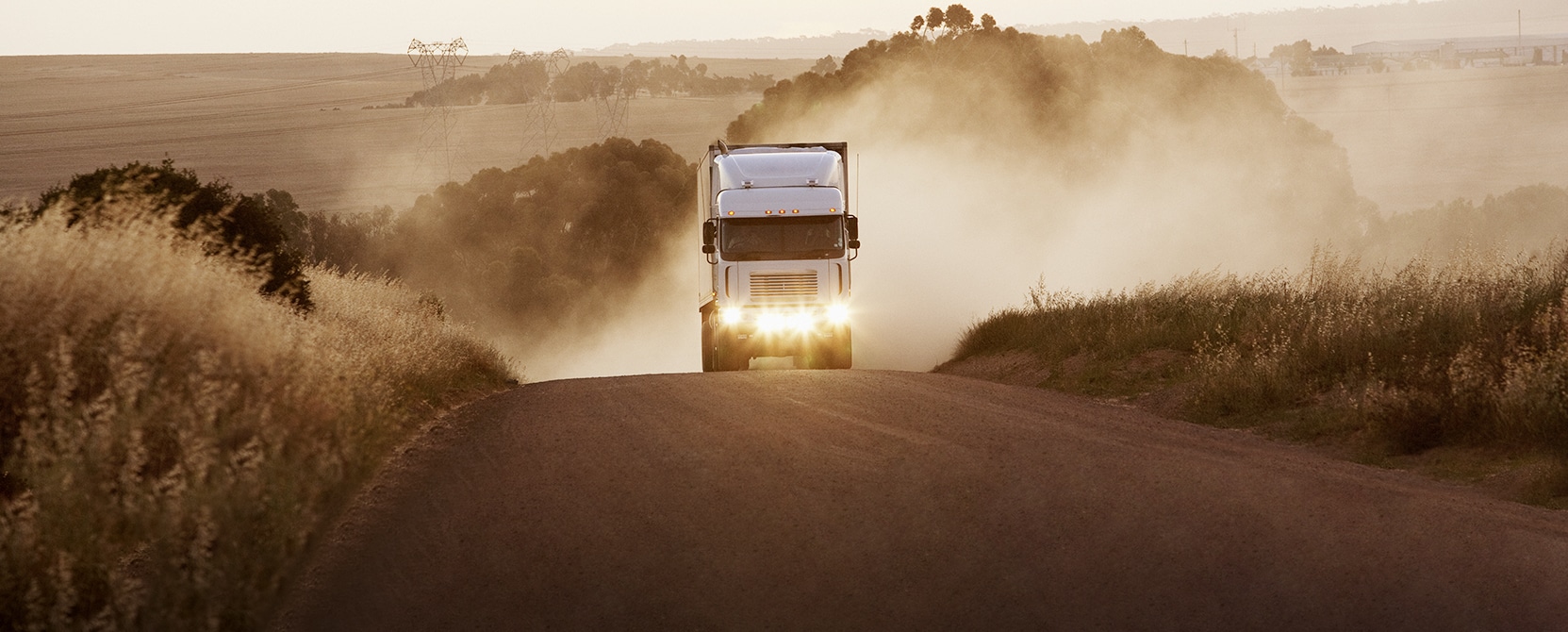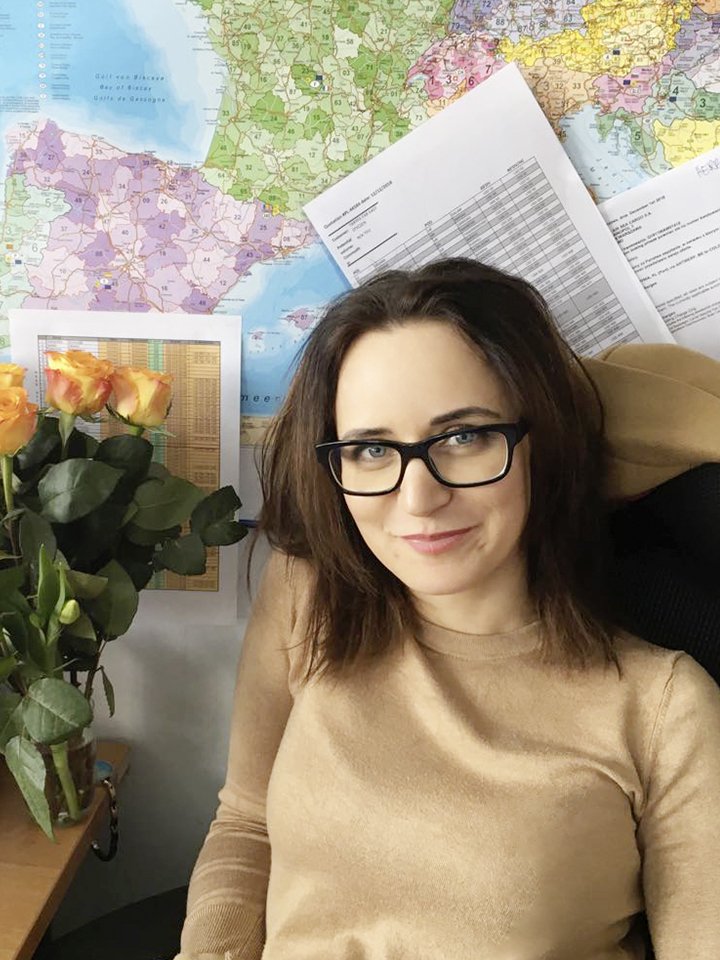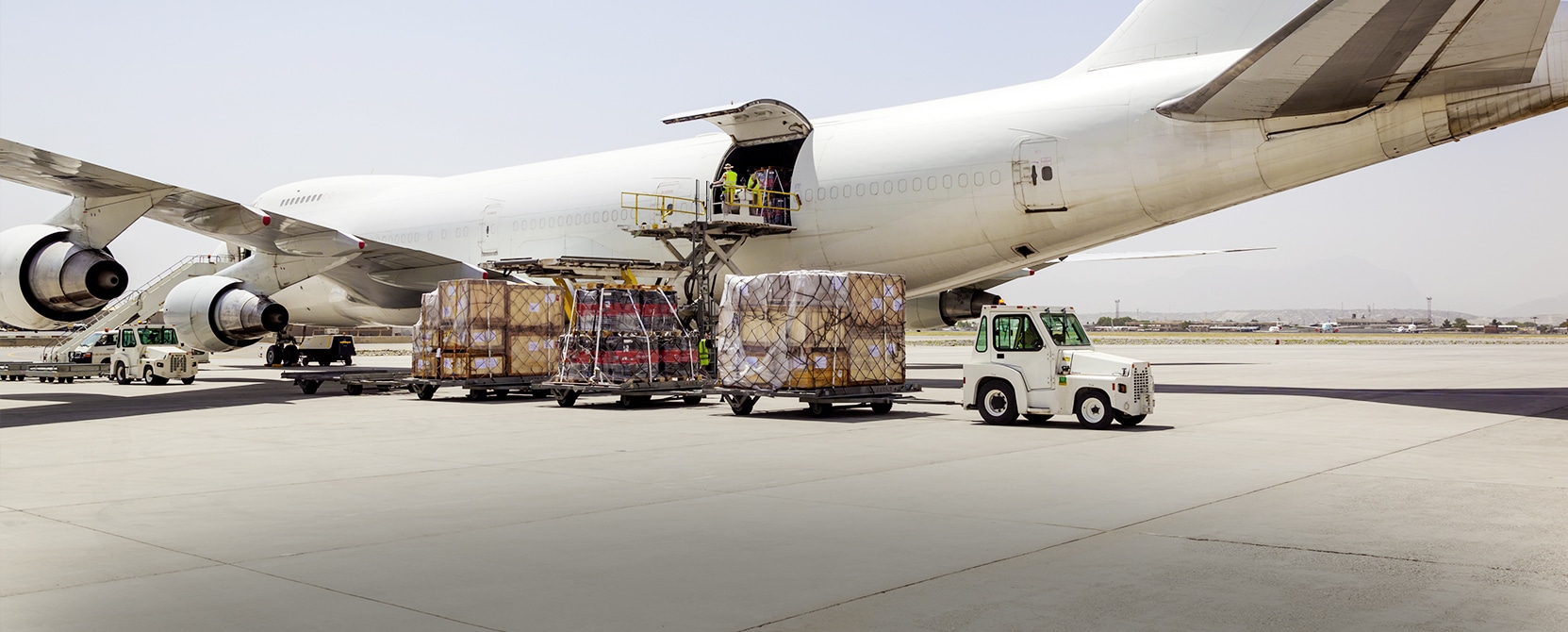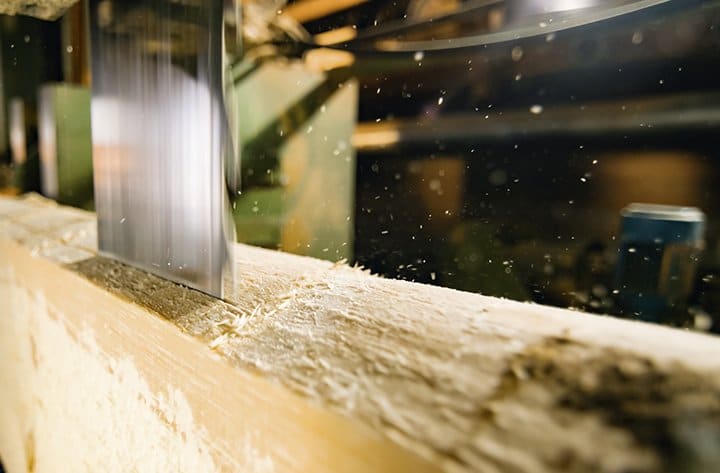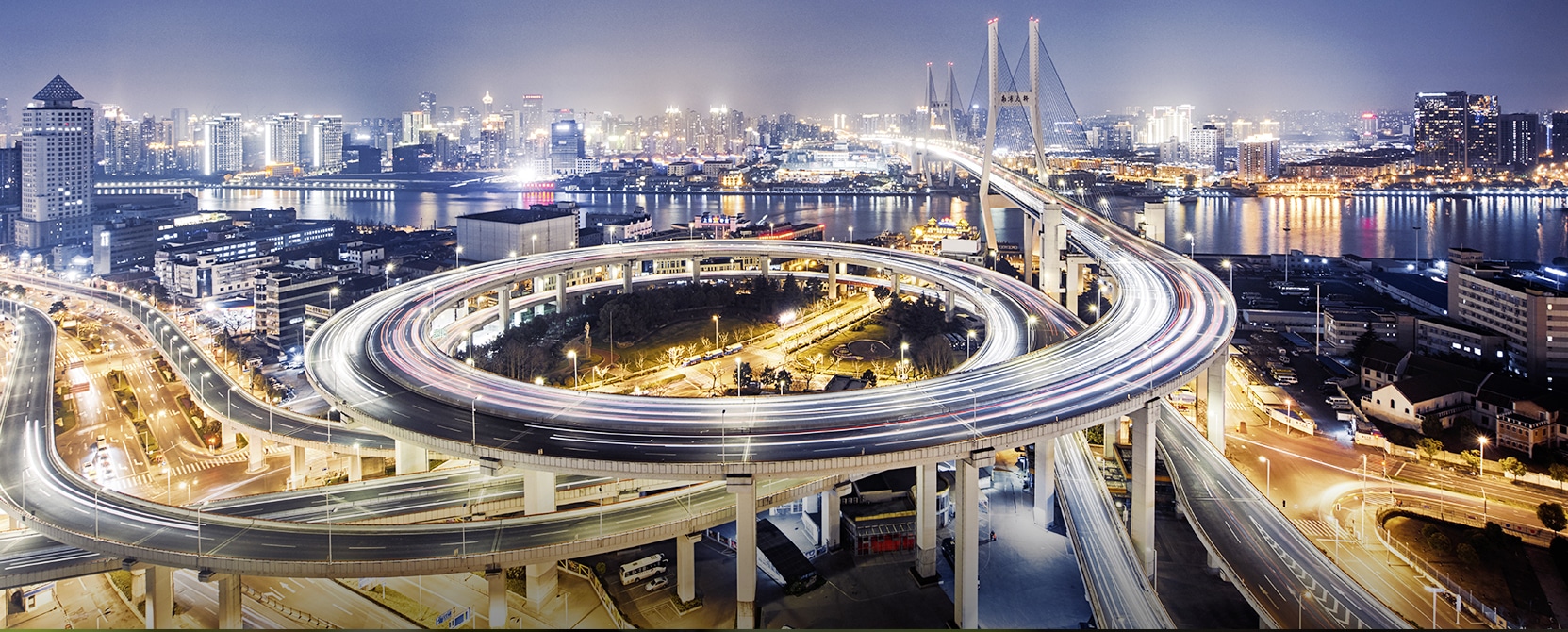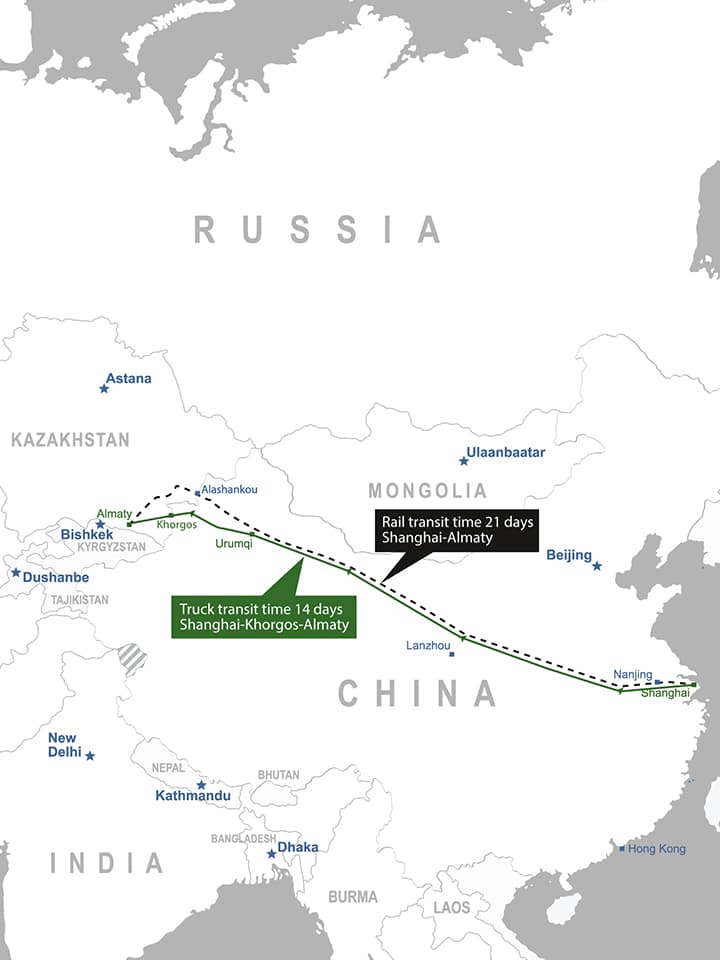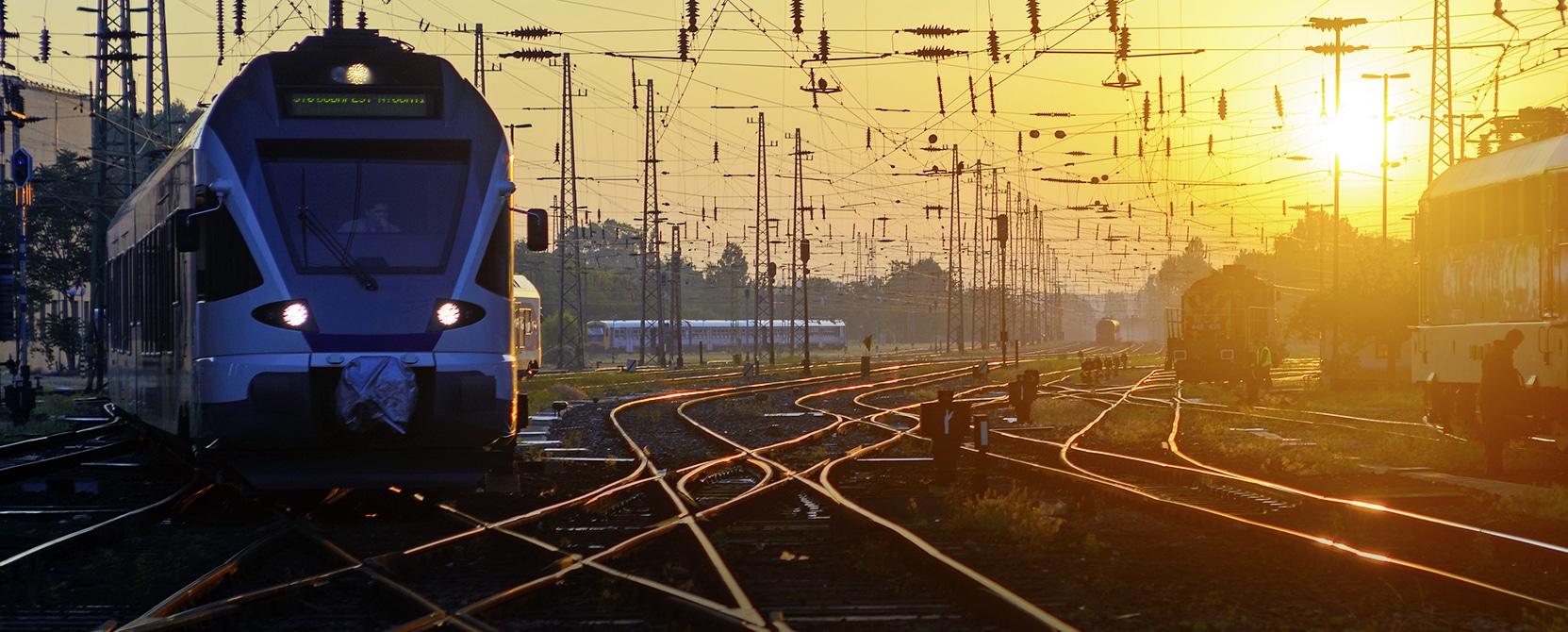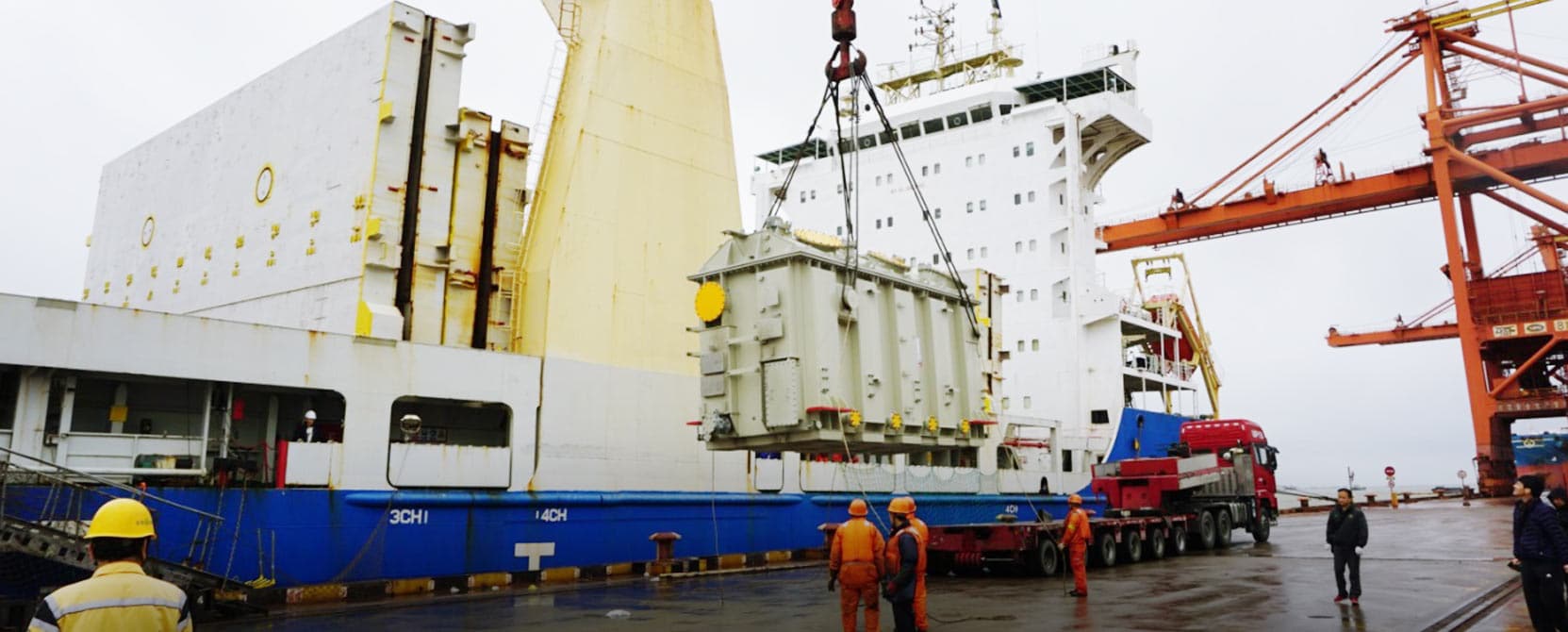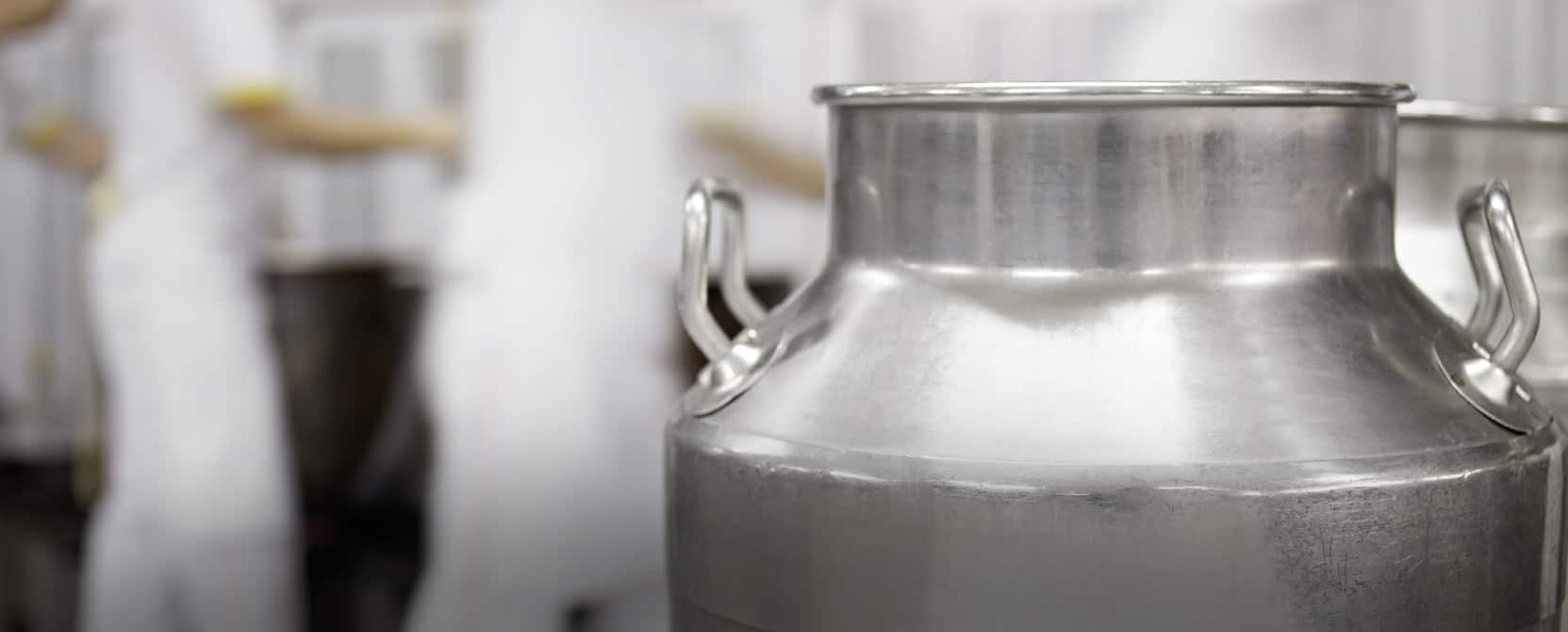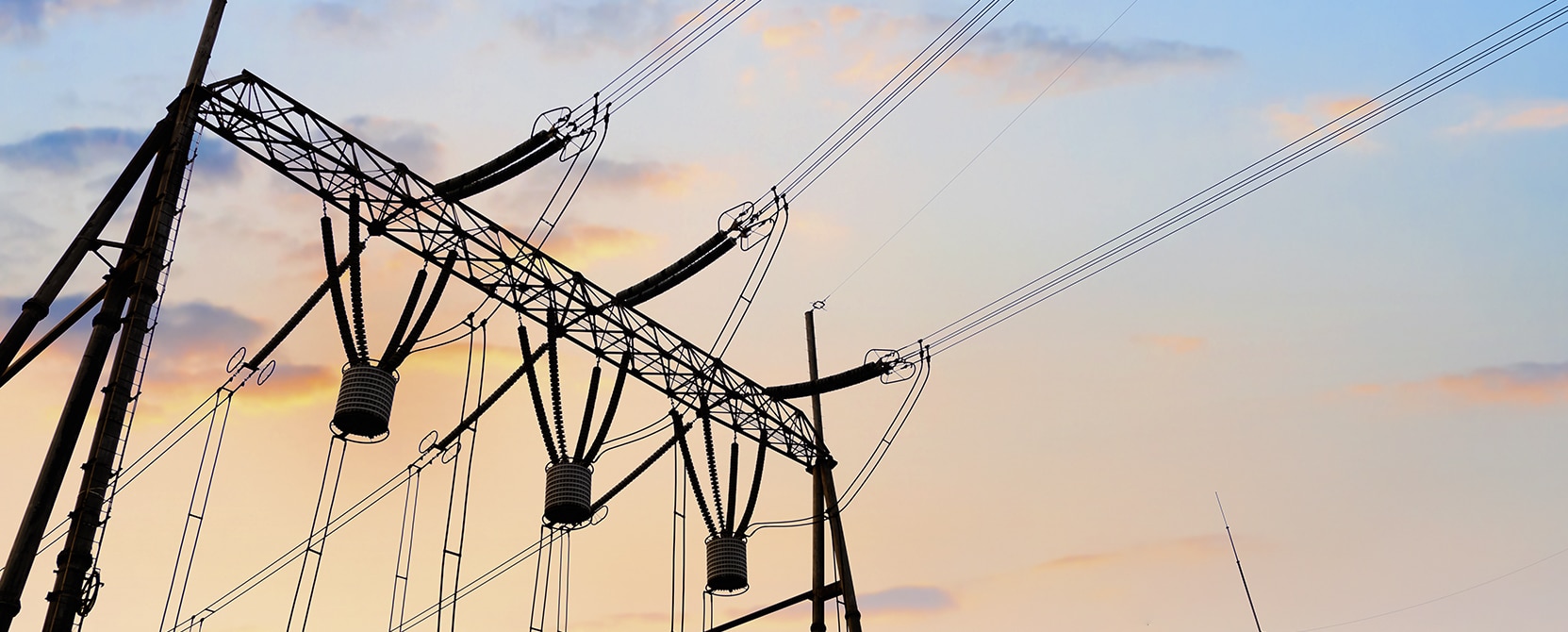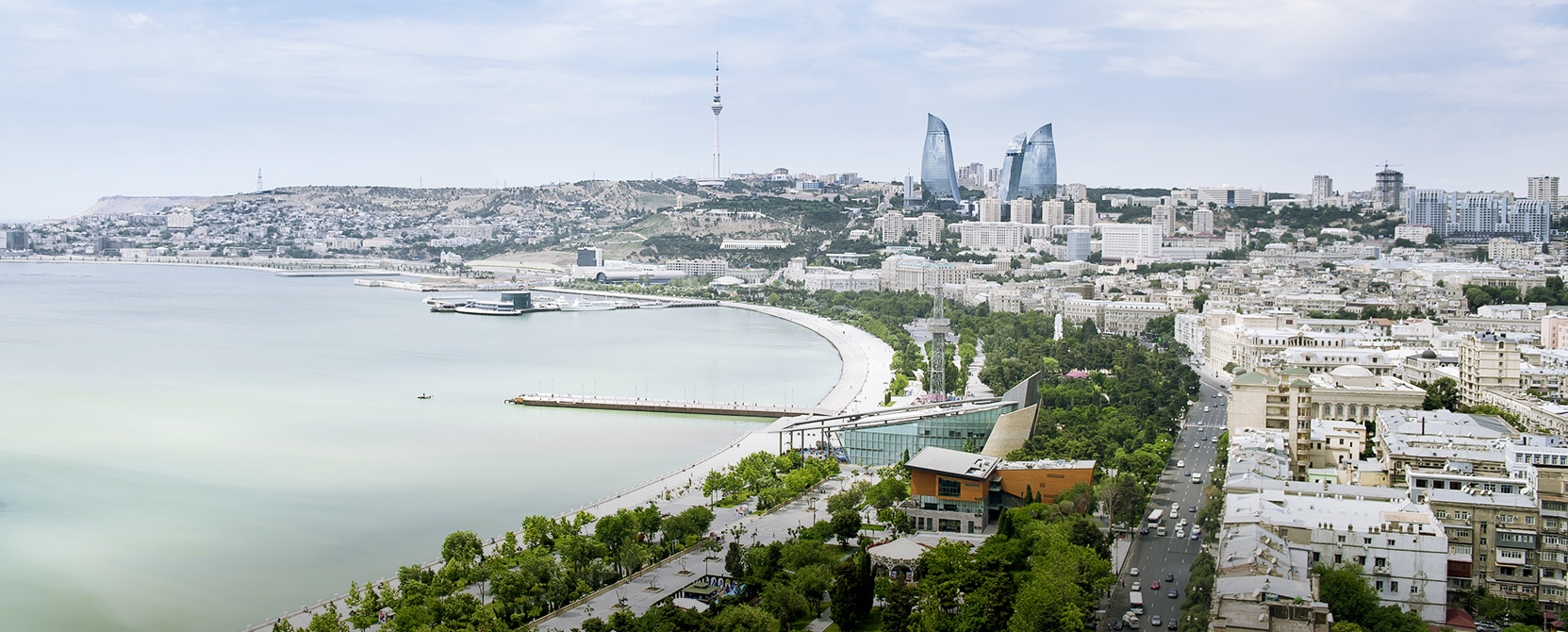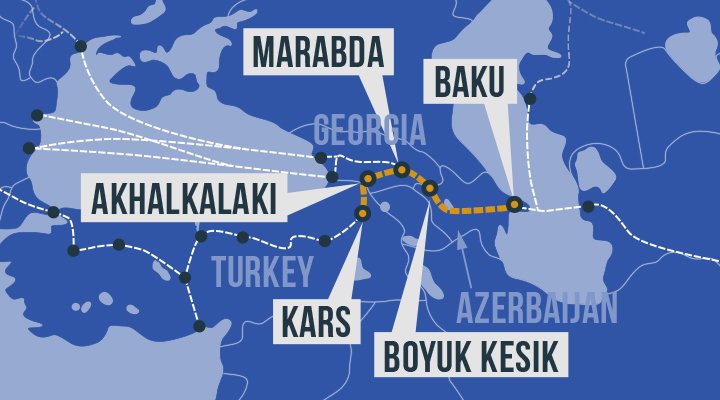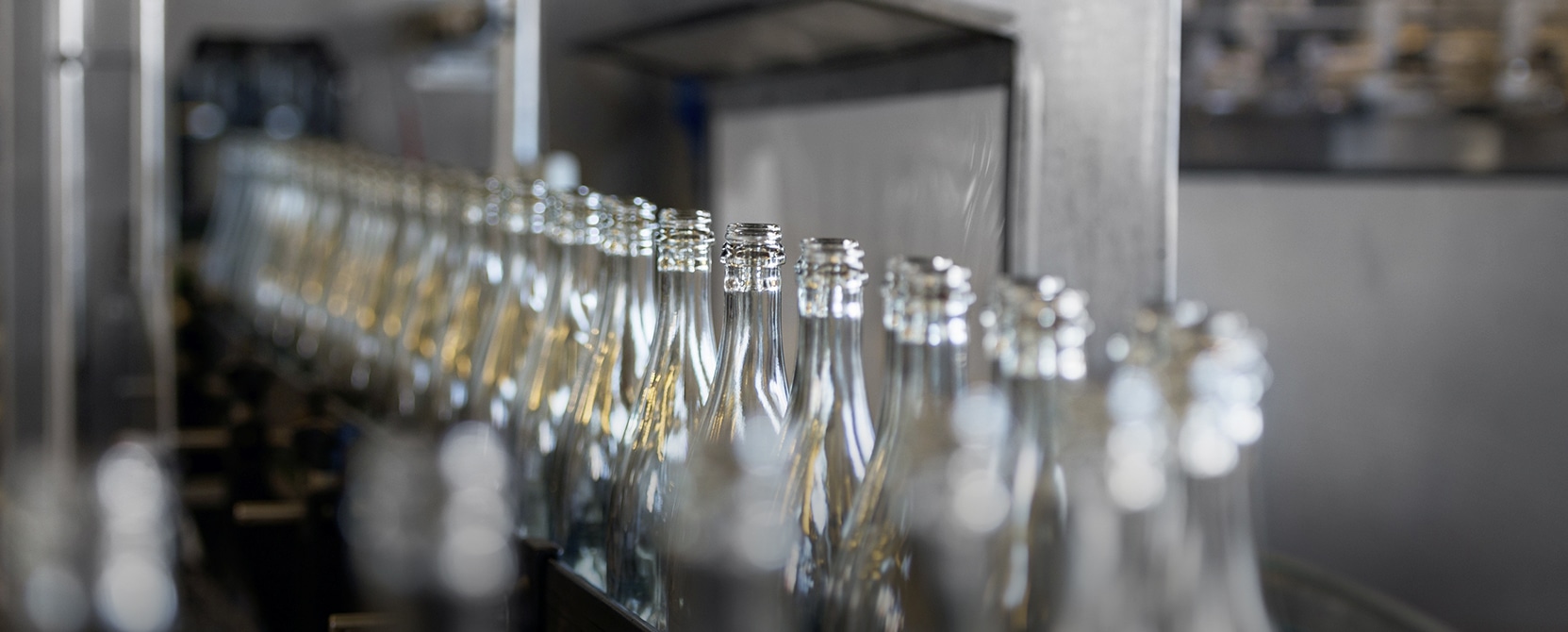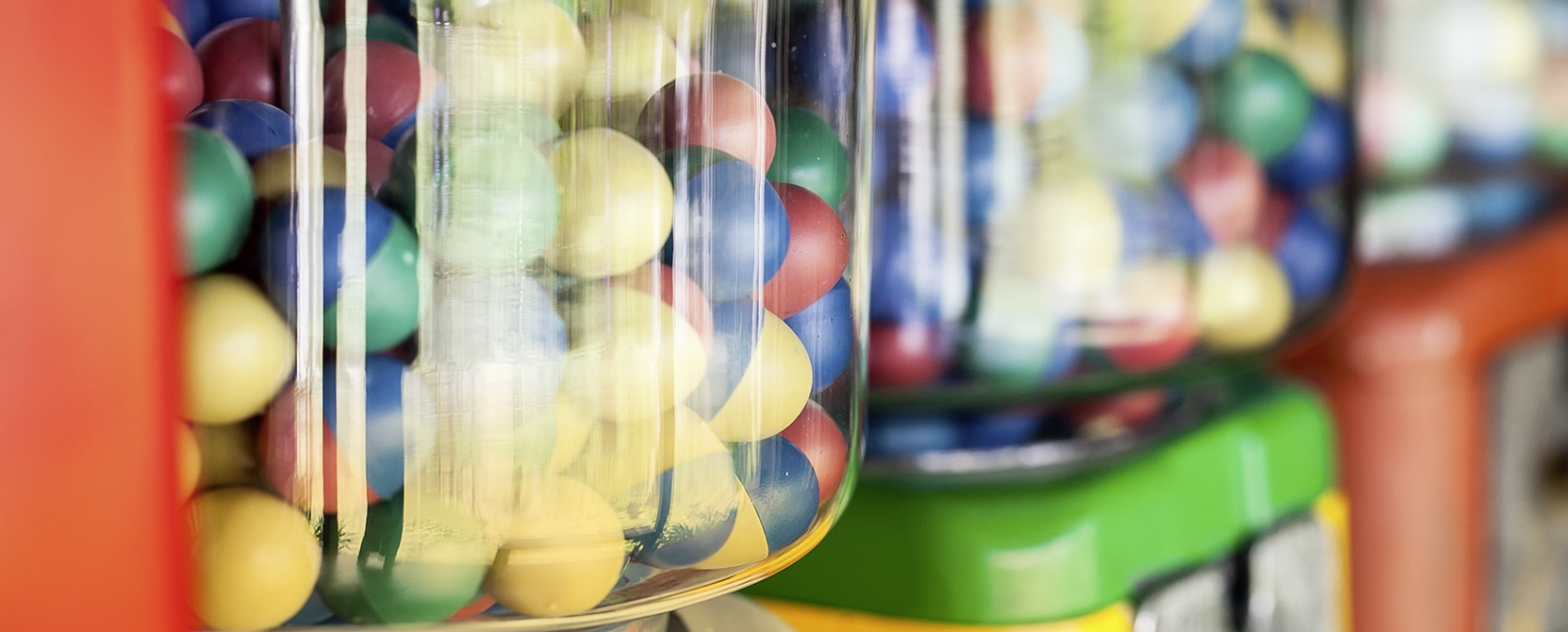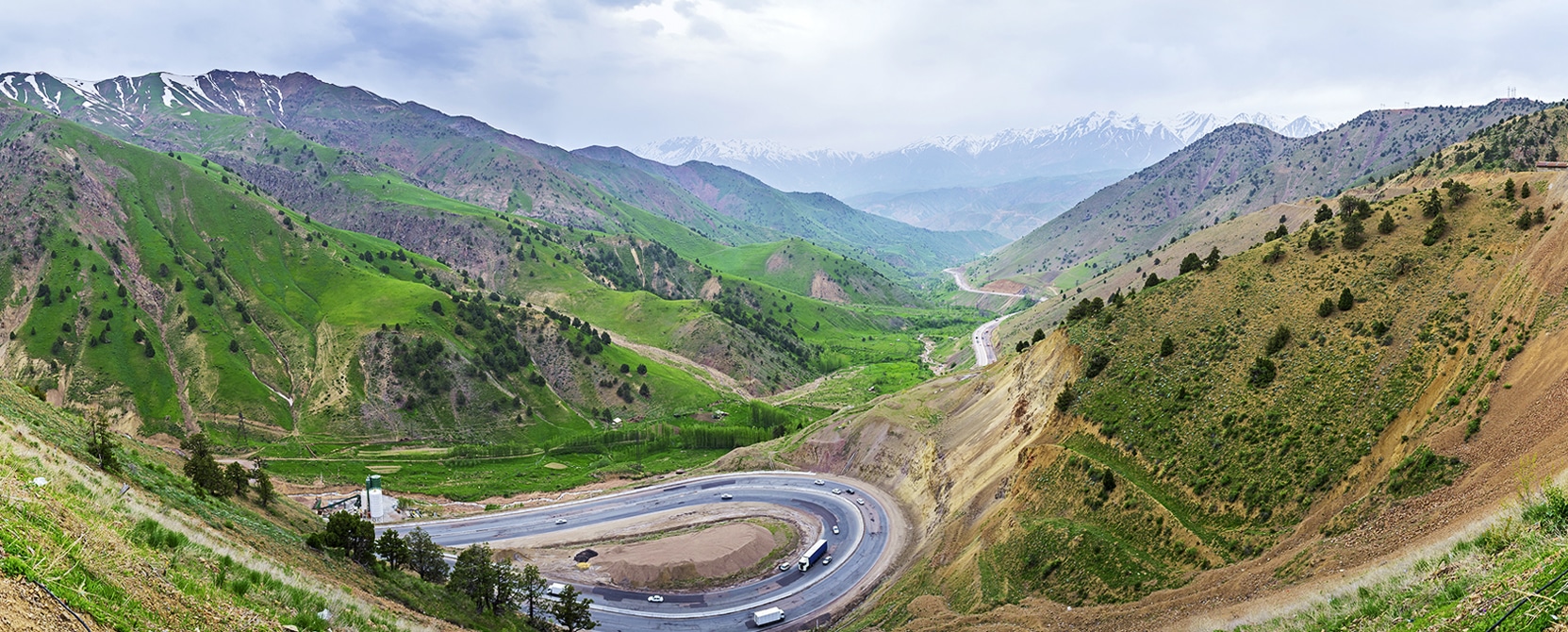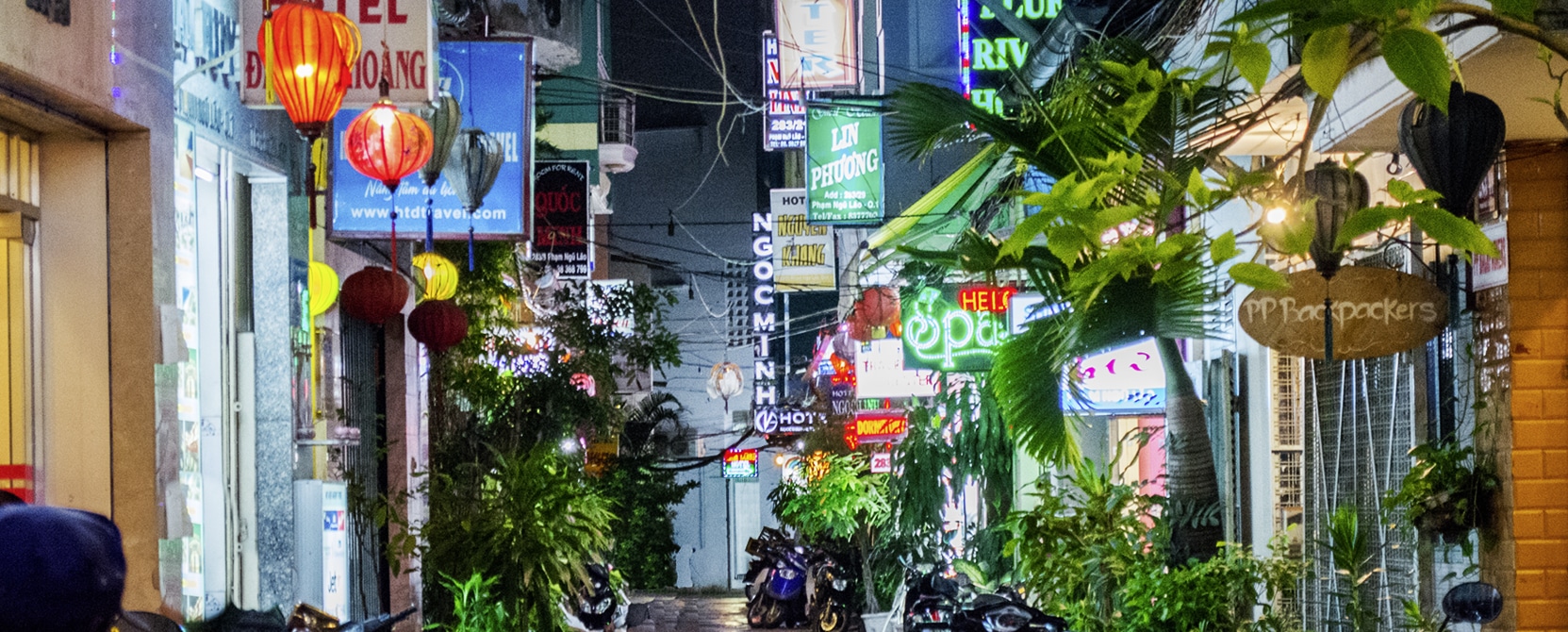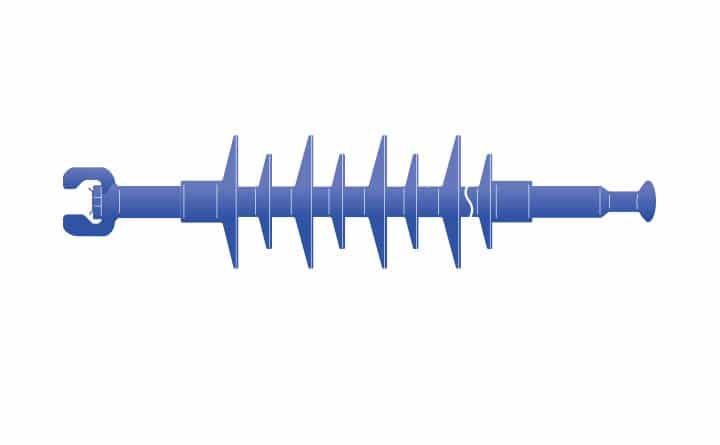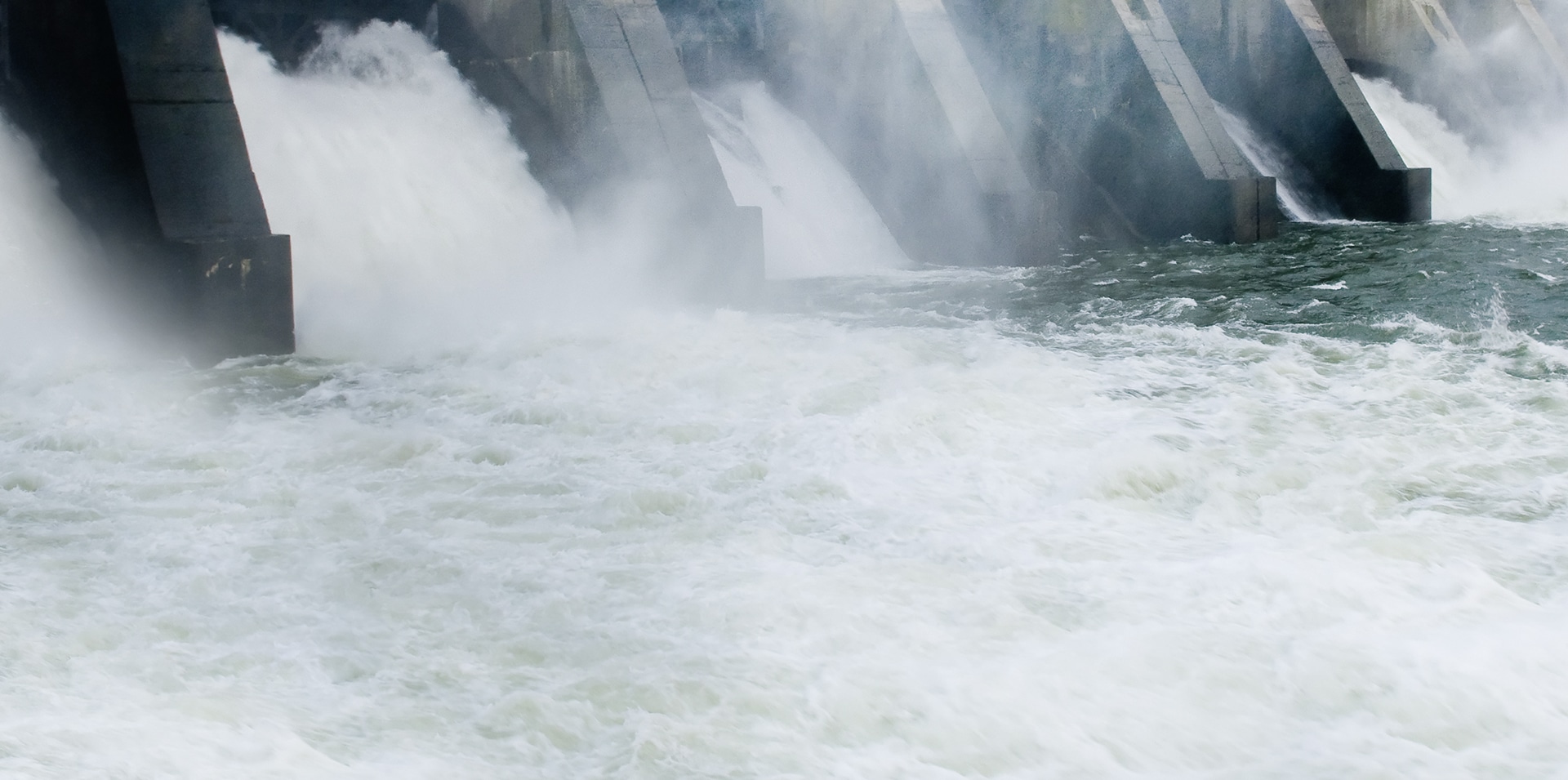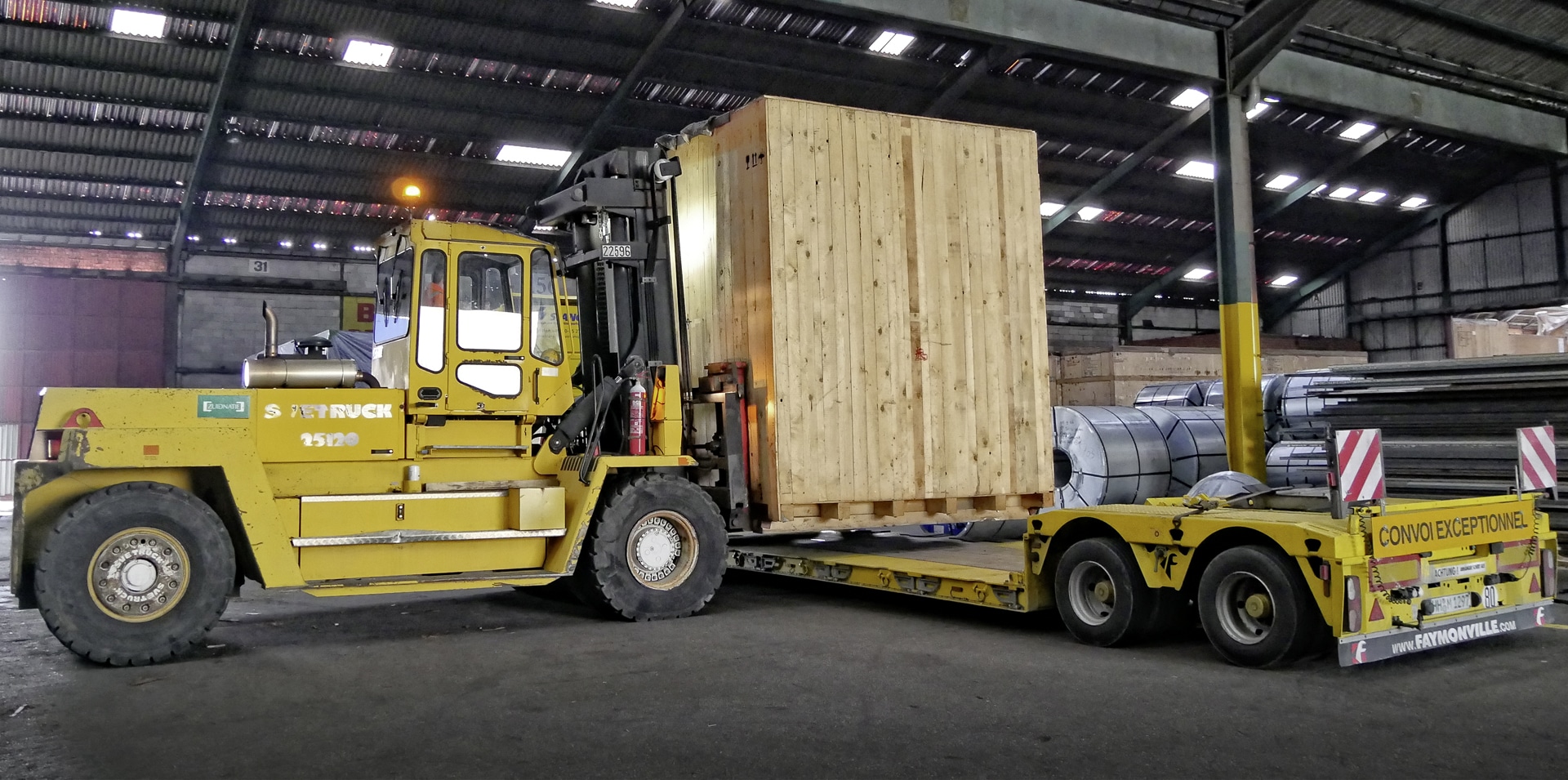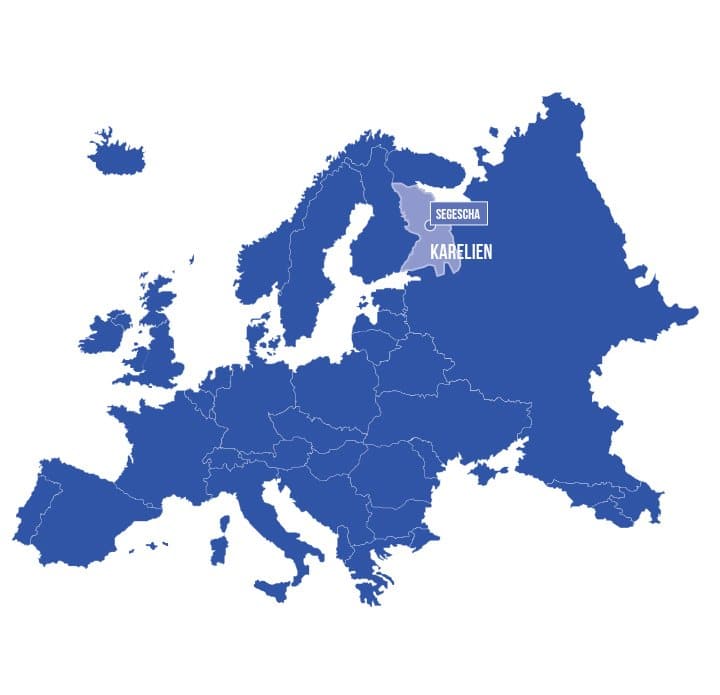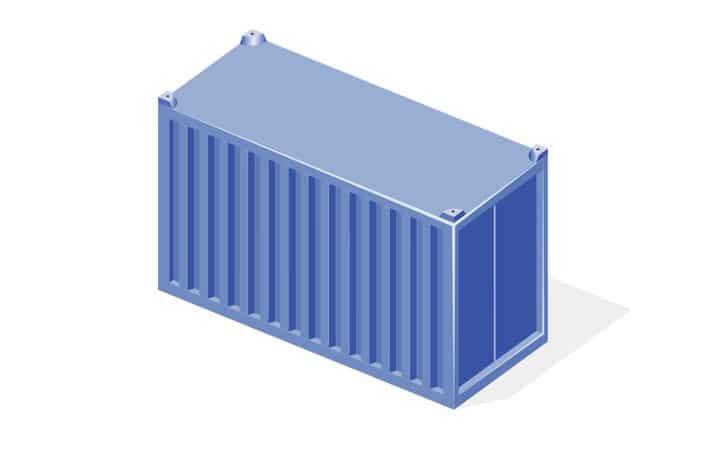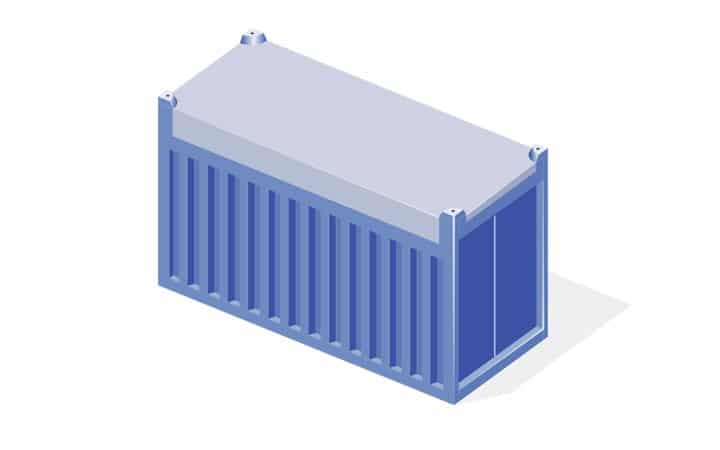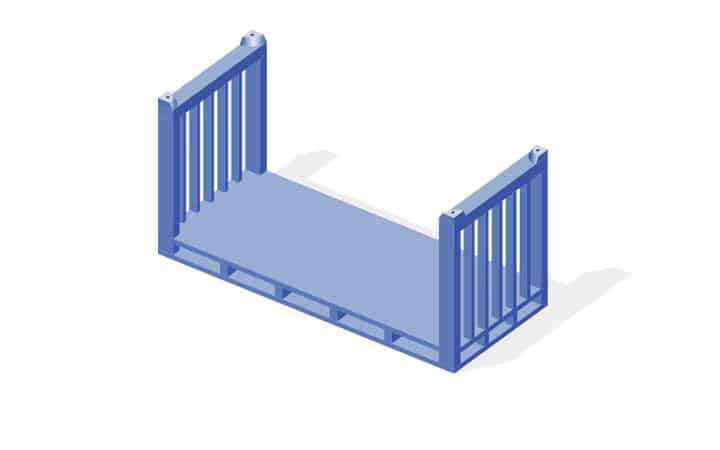Shenzhen in China – once a fishing village, today one of the main trading hubs worldwide for the electronics and telecommunications industries. From here, Militzer & Münch China starts its regular exports to Great Britain for an international online retailer – customs clearance included. The demand for transports for the online market keeps growing and offers Militzer & Münch the possibility to tap additional markets.
With its status as Special Economic Zone, Shenzhen is regarded as an important location for foreign investments; the city is one of the world’s fastest growing metropoles. The economy in the region is booming; there is demand from European countries especially for consumer electronics products such as power banks, chargers, USB cables, loudspeakers and keyboards. The Militzer & Münch customers profit from this demand, too.
In May 2017, Militzer & Münch began cooperating with the international online retailer. “This is a perfect order for us and the big opportunity to further develop our expertise in the e-commerce sector”, says Glenn Bai, Managing Director Militzer & Münch China. “We have expanded our services for this customer step by step. Now, we deliver products to Great Britain every week.”
The services comprise:
• Picking up goods for different shippers
• Order picking and packing at customs warehouse in Shenzhen
• Consolidating goods as FCL
• Sea transport from Shenzhen/Hong Kong to Great Britain
• Import customs clearance/customs clearance and taxes
• Order picking and packaging
• Labeling and kitting
• Returns management
• Delivery to the customer’s warehouse in Great Britain via FTL / LTL / courier service
New Challenges and Solutions
From China to Great Britain the goods go by vessel, with overland transport to the customer’s warehouse by truck. But the transport comes with some challenges. “There are usually over 30 sets of customs declarations per container”, says Glenn Bai. “To check the customs declarations of e-commerce business, the British customs authority has implemented stricter regulations, which often leads to delays.” Moreover, there are congestions again and again at the port of Felixstowe, Great Britain’s largest container port, and transit times become longer. “In view of the Brexit, the situation may deteriorate even further”, Glenn Bai says. “It is all the more essential for us to do a perfect job especially when it comes to customs declarations, and to provide optimal advice to our customers.”
At this time, Glenn Bai and his team are focusing on optimizing their logistics solutions for the e-commerce business. “In the long term, we will also offer rail and air freight solutions for online trade”, says Glenn Bai. “Beside the China – Great Britain trade lane, we are also concentrating on transports to Central Asia and Russia. We look forward to handling more e-commerce projects in the future.”
